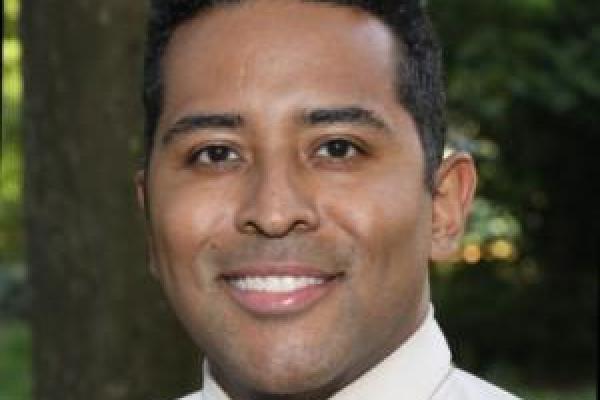
Faculty Spotlight: Christian A. Pean, MD, MS
Q: What motivated you to choose a career in orthopaedics?
A: I first became aware of orthopaedic surgery as a field where I could make a substantial difference in my patients' lives while on a global surgery project in Haiti. I noted glaring voids in care and the lack of health infrastructure, but I found the spirit and perseverance of my Haitian surgical colleagues inspiring. When I began to dig deeper, I became aware of the opportunity to bridge racial disparities in orthopaedic care in the United States. I loved working with my hands and solving unique tangible daily problems for my patients. I also saw the opportunity to work in health policy, address health-related social needs, and conduct research as a fantastic way to make an impact beyond the operating room. I am eager to work with others here at Duke to shape how population health merges with orthopaedic surgery to expand health equity. In orthopaedic trauma, the longitudinal relationships I build with my patients and the ability to counsel people who have been through something so challenging are also enriching.
Q: As we navigate diversity, equity, and inclusion (DEI) - from your perspective, what would you want your ortho colleagues to know?
A: Our field must realize that championing equity, diversity, and inclusion is vital to our success. Equity, diversity, and inclusion are not only moral imperatives but will help us expand our scope of financial success and improve the quality of clinical care we provide. It will take concerted intentionality to help bridge racial disparities in representation and clinical outcomes in our field. Tacit support isn't enough to move the needle for our underserved communities or underrepresented physicians. We need allies and leaders in orthopaedic surgery to push forward research and care models that prioritize health equity. Those who have been fortunate enough to rise to the top of our field must lift the voices of their underrepresented colleagues to make a broader impact in health equity.
Q: Are you involved in any programs, projects, or groups at Duke or within the community?
A: I am a proud member of the J. Robert Gladden Society (JRGOS) and the Physicians for Criminal Justice Reform organization. JRGOS is a critical organization that has supported so many medical students and community initiatives. Physicians for Criminal Justice Reform is a group that has tackled the complex topics of police violence and mass incarceration in our country. Both organizations have pushed the envelope in championing health and racial equity compellingly.